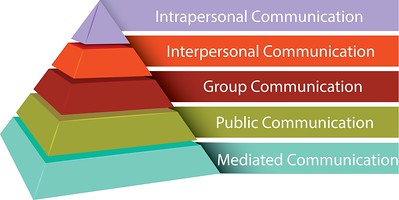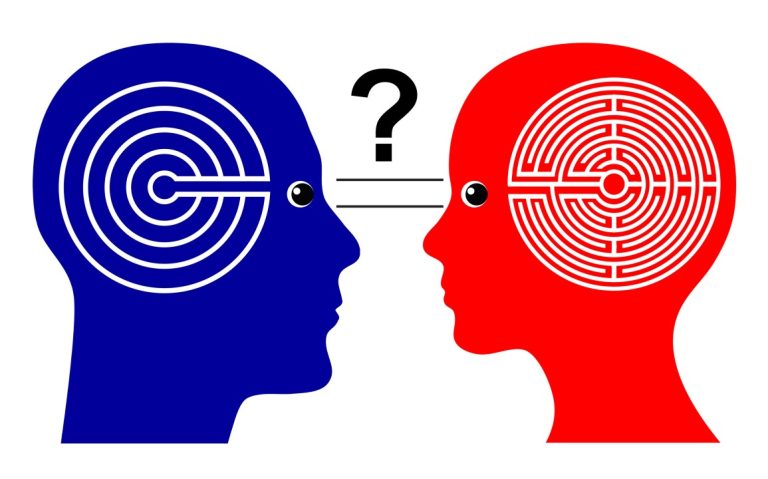Why is Voice Tone Important in Communication
Voice tone is crucial in communication as it conveys emotions and intentions effectively. It sets the overall mood of the conversation and helps in building rapport with the listener.
When your tone matches your message, it increases understanding and engagement. Effective communication involves not just the words you say but also how you say them. The way you communicate can determine the success of your interactions, both personally and professionally.
By paying attention to your voice tone, you can ensure that your message is delivered clearly and with the intended meaning. We will explore the significance of voice tone in communication and provide practical tips for improving your communication skills.

Credit: socialskillscenter.com
The Impact Of Voice Tone
Voice tone plays a crucial role in communication and significantly impacts the way a message is received. Understanding the impact of voice tone is essential for effective and meaningful communication. The tone of voice can convey a range of emotions, influence perception, and ultimately determine the success of the communication process.
Emotional Conveyance
The tone of voice directly influences the emotional conveyance of a message. The change in tone can indicate excitement, fear, anger, or joy. It is the tone that helps listeners to understand the emotional state of the speaker and connect with the message on an emotional level. This emotional conveyance can affect the overall impact and reception of the communication.
Influence On Perception
The tone of voice has a significant influence on how a message is perceived. It can project confidence, authority, doubt, or hesitation. The same message delivered with different tones can be perceived in entirely different ways. A confident tone can instill trust and credibility, while a hesitant tone can cast doubt on the message being conveyed.
Interpersonal Relationships
Effective communication relies on more than just the words we say. Voice tone plays a crucial role in interpersonal relationships, conveying emotions and attitudes that can greatly impact how our message is received and understood.
Building Trust
Building trust is crucial in interpersonal relationships. When it comes to communication, the tone of voice plays a significant role in establishing trust. People are more likely to trust someone with a warm, friendly, and sincere voice tone. With a positive and trustworthy voice tone, you can create a sense of comfort and reliability, making others feel safe and understood.
Conflict Resolution
Effective conflict resolution is another area in which voice tone holds immense importance. When faced with conflicts or disagreements, keeping a calm and composed tone can help de-escalate the situation. It’s essential to avoid an aggressive or confrontational voice tone that may further intensify the conflict. By using a neutral and empathetic tone, you can encourage open communication and facilitate the resolution process.
Professional Environments
Professional environments require careful consideration of voice tone in communication. It plays a crucial role in conveying authority, respect, and professionalism.
Leadership Communication
Leadership communication is enhanced by maintaining a confident and reassuring voice tone. It instills trust and inspires team members to perform at their best.
Client Interactions
Client interactions demand a tone that is friendly, attentive, and responsive. It builds rapport and strengthens relationships, leading to successful outcomes.
Cultural Considerations
The importance of voice tone in communication extends beyond just verbal interaction. Cultural considerations play a significant role in determining how voice tone is perceived and received. Understanding the impact of voice tone within different cultural contexts is crucial to effective communication.
Diversity And Inclusion
Diversity encompasses a wide range of cultural backgrounds, including race, ethnicity, religion, and more. Inclusion involves creating an environment that values and respects individuals from diverse backgrounds. When it comes to voice tone, understanding and respecting diverse perspectives is vital for effective communication.
Global Communication
Global communication involves interactions across geographical and cultural boundaries. Considering voice tone in a global context requires awareness of cultural nuances and differences. It’s necessary to adapt communication styles to accommodate varying cultural norms and expectations.
Practical Tips For Improvement
Improving voice tone in communication is crucial for effective interaction and understanding. Here are some practical tips that can help you enhance your voice tone:
Active Listening
Active listening involves paying full attention to the speaker, understanding their message, and responding appropriately. By actively listening, you can tune in to the speaker’s voice tone and adapt your own tone to create a more harmonious conversation.
Emphasis And Intonation
Emphasizing key words and using appropriate intonation can convey your emotions and intentions more clearly. For example, raising your pitch at the end of a question can indicate curiosity or uncertainty, while lowering your pitch can convey confidence or assertion.

Credit: www.soundwave.global

Credit: simplestage.com
Frequently Asked Questions Of Why Is Voice Tone Important In Communication
What Is The Importance Of Tone Of Voice In Communication?
Tone of voice in communication is important as it conveys emotions, enhances clarity, and builds relationships. It helps to express intent effectively and engage with the audience, creating a more compelling and memorable message.
How Does Tone Affect A Conversation?
Tone affects a conversation by influencing emotions and perceptions. It can convey friendliness, hostility, or sincerity.
Why Is Tone Of Voice Important In Communication Health And Social Care?
Effective communication in health and social care relies on a positive tone of voice. It conveys empathy, builds trust, and promotes understanding between healthcare providers and patients. The way we speak can influence the emotional well-being of others, creating a supportive environment that enhances patient care and promotes better health outcomes.
What Is The Tone Of Voice And Purpose Of A Speech?
The tone of voice in a speech reflects the speaker’s attitude and emotions. Its purpose is to effectively convey the message and connect with the audience.
Conclusion
Ultimately, the importance of voice tone in communication cannot be understated. It has the power to evoke emotions, convey intentions, and establish meaningful connections. Whether in personal or professional settings, mastering voice tone can lead to effective communication and better relationships.
By being mindful of our own tone and actively listening to others’, we can bridge gaps, resolve conflicts, and foster understanding. So, let us embrace the power of voice tone and embrace the potential it holds for enhancing our communication skills.




